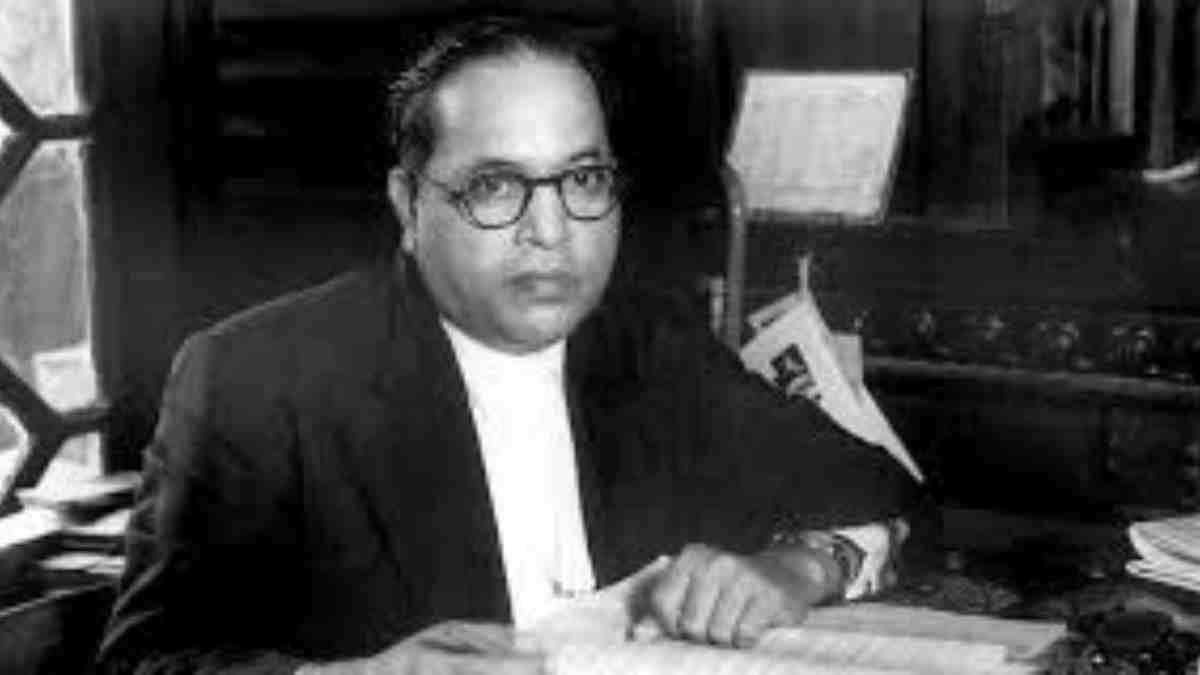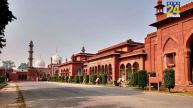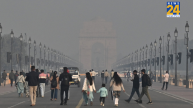Did Congress Party under the leadership of Jawahar Lal Nehru really conspire to defeat B R Ambedkar in elections for Lok Sabha? What relationship did the Dalit icon had with the first Prime Minister of India? How and why did Ambedkar quit Nehru government? Was it the fall out of the Hindu Code Bill?
These questions have popped up after Prime Minister Narendra Modi that Modi accused the Congress of “getting Ambedkar defeated in elections not once but twice”. He also alleged that “Pandit Nehru campaigned against him and made his loss a prestige issue.” Really?
Actually PM Modi said this in defence of Home Minister and his long-time political confidante Amit Shah. All hell broke down in Parliament when Shah said in Lok Sabha, “Abhi ek fashion ho gaya hai – Ambedkar, Ambedkar, Ambedkar, Ambedkar, Ambedkar, Ambedkar. Itna naam agar bhagwan ka lete to saat janmon tak swarg mil jata.”
Ambedkar contested the inaugural General Elections of 1951-52 from Bombthe ay North Central seat as a candidate of Scheduled Castes Federation, which he had launched.
According to the provisions of that time, it was a 2-member seat, where a member from the genereal category and the other from reserved category was elected.
As India had emerged from the independence movement, the entire Indian politics was dominated by Congress and particularly Nehru.
Babasaheb Ambedkar lost to Congress candidate Narayan Sadoba Kajrolkar by a margin of 15,000 votes. Earlier, Kajrokar had worked as a Personal Assistance to Dr. Ambedkar.
The Congress under the command of Nehru swept the elections and won 364 out of 489 Lok Sabha seats.
Ambedkar got another opportunity soon when the by-election for Bhandara constituency in Maharashtra was held in 1954. However, he lost again to Congress, this time with a margin of 8,500 votes.
Political analysts believe, Scheduled Castes Federation was a new party with not too many grass-root level workers. Ambedkar could not attract voters of other than his own Mahar community. Besides, his party failed to break the dominance of Neheu, who was a towering personality at that time.
Babasaheb died on December 6, 1956, before the Lok Sabha elections were held in 1957.
It is still a common practice that party stalwarts campaign for their candidates. Nehru was not an exception, he campaigned for Congress candidate and targeted the opposing candidate, Ambedkar.
It should also be kept in mind that Nehru and Ambedkar belonged to opposite camps during the freedom movement and they had divergent opinions on many issues.
Congress leader Jagjivan Ram’s wife, Indrani, revealed in her memoir “Milestones: A Memoir” that it was Babasaheb who was interested in joining the interim government.
She claimed in the memoir that Dr. Ambedkar convinced her to approach MK Gandhi for his inclusion in the 15-member Nehru government.
She revealed that Jagjivan Ram consulted Vallabhbhai Patel before requesting Gandhi to recommend Ambedkar, and also assured him that Ambedkar had “given up his antagonism to Congress and Gandhiji”.
In spite of differences, Nehru included B R Ambedkar in his interim government that he formed on the eve of August 15, 1947. Ambedkar kept on keeping different opinions with the Prime Minister and expressed them publicly in spite of being in his cabinet.
The end came soon and he quit the Nehru government on September 27, 1951, as the two giants failed to resolve their differences on Hindu Code Bill.
Delivering his farewell speech in the Lok Sabha, Ambedkar said, “I was left to speculate as to what could have happened to bring about this change in the attitude of the Prime Minister. I had my doubts.”
B R Ambedkar focused on the marginalised segments of the society, decided to work for them. He set up Independent Labor Party first and them established the Scheduled Castes Federation.













